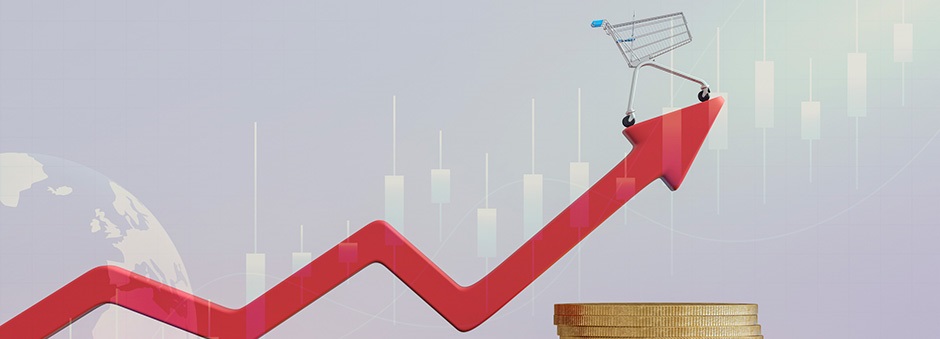
Residential Market Commentary - Inflation is deflating consumers
- Be the expert
- May 24, 2022
- First National Financial LP
Inflation and consumer confidence are running in opposite directions in Canada.
The April figures from Statistics Canada put the annual inflation rate at 6.8%, up from 6.7% in March and now at its highest level in 31 years. Key drivers of the increase include food and shelter costs. Food rose by nearly 10%. Shelter increased by more than 7%.
Much of the increase in shelter costs comes from big increases in prices for heating fuels such as natural gas (+22%) and furnace oil (+64%).
The cost of buying a house is not included in inflation calculations but the, so-called, replacement cost is. It rose 13%. The mortgage interest cost index rose 0.2%, its first increase since April of 2020.
The Conference Board of Canada reports that consumer confidence is sagging under the weight of rising prices, dropping by nearly 12 points this month. It is the biggest monthly decline since the start of the pandemic.
Optimism about current finances fell by more than 12% in May. Those expressing negative feelings about their current finances rose to nearly 30%. More than 25% of those surveyed held negative feelings about where their finances will be in 6-months from now. Just 15% feel now is a good time to purchase a big-ticket item.
This would seem to suggest that the Bank of Canada’s rising interest rate policy is having the desired effect and is cooling demand. The Bank is expected to push its Policy Rate up by another half-a-percent at its next setting. That would put the trend-setting overnight rate at 1.50%.
Related Articles
- Residential Market Commentary - Rate cut expectations
- Residential Market Commentary - Economy continues to grow
- Residential Market Commentary - Inflation increase not likely to bother BoC
- Market Memo: The luxury of home ownership - November 2024
- Residential Market Commentary - Trump and Canada’s economy
- Residential Market Commentary - How low will rates go?

